Ensure your vessel is ready for the charter season or a new onboard challenge with our comprehensive guide. This...
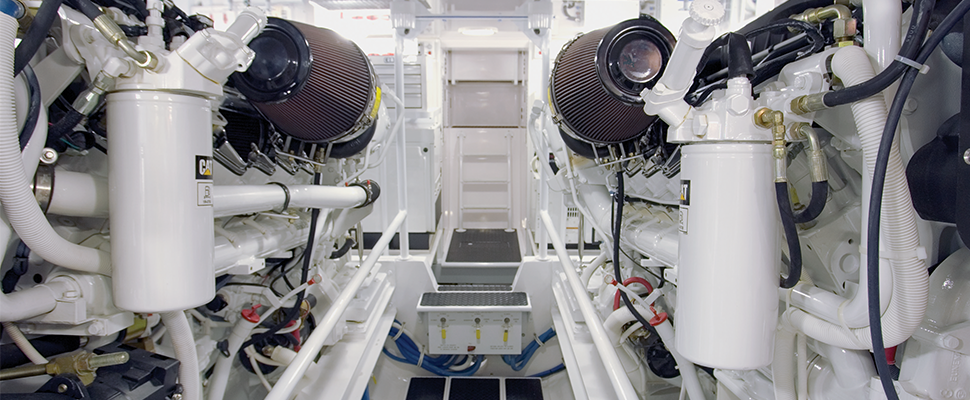
Essential Spare Parts Checklist for Marine Engines: Preparing for Charter Season or Onboarding a New Vessel
As a chief engineer onboard a commercial or a pleasure yacht, ensuring your vessel’s engine operates smoothly is crucial, especially when preparing for a busy charter season or onboarding a new vessel. Having the right spare parts on board is vital to avoid costly delays, maintain safety, and ensure continuous operation. This guide will help you identify the essential spare parts you should always have on board to prepare for any situation.
Essential Spare Parts List
Maintaining a well-stocked inventory of critical spare parts is essential for ensuring the reliability and longevity of your marine engine. Here is a comprehensive list of parts you should consider keeping on board, categorized by system for easy reference.
Engine Components
- Fuel Injectors and Filters: Ensure efficient fuel delivery and prevent contaminants from causing damage.
- Manual Fuel Priming Pump: Useful for manually priming the fuel system to eliminate air and ensure proper fuel flow.
- Oil Filters and Oil Pump Components: Essential for maintaining clean oil circulation and optimal engine lubrication.
- Air Filters: Keep the engine's air intake clean to maintain performance and efficiency.
- Air Filter Service Indicators: Monitor the condition of air filters and know when to replace them.
- Air Filter Cleaning Kits: Maintain reusable air filters and extend their lifespan.
- Spark Plugs (for gasoline engines): Crucial for ignition and proper engine operation.
- Head Gasket: Prevents leaks between the engine block and cylinder head.
Cooling System Components
- Water Pumps and Impellers: Vital for circulating coolant and preventing engine overheating.
- Pump Repair Kits: Include bearings, shafts, impellers, and cam for comprehensive repairs.
- Thermostats: Regulate engine temperature for optimal performance.
- Cooling Hoses and Clamps: Ensure secure and leak-free coolant flow.
- Zinc Plugs and Anodes: Preserve engine components by protecting against corrosion and erosion.
- Gasket Kits: For servicing heat exchangers and aftercoolers, ensuring proper sealing and preventing leaks.
- Coolant: Maintain a sufficient supply for regular refills and replacements.
Electrical System Components
- Alternators: Maintain battery charge and power electrical systems.
- Batteries and Battery Cables: Provide reliable power and connections for engine start-up and operation.
- Starters and Starter Solenoids: Essential for initiating engine operation.
- Starter Relay: Ensures reliable transmission of current to the starter motor.
- Fuses and Circuit Breakers: Protect electrical circuits from overloads and short circuits.
Fuel System Components
- Fuel Pumps: Ensure a consistent supply of fuel to the engine.
- Fuel Hoses and Fittings: Prevent leaks and maintain fuel system integrity.
- Manual Fuel Priming Pump: Useful for manually priming the fuel system to eliminate air and ensure proper fuel flow.
Exhaust System Components
- Exhaust Manifolds and Gaskets: Direct exhaust gases away from the engine and prevent leaks.
- Mufflers/Silencers: Reduce engine noise for quieter operation.
Lubrication System Components
- Oil Coolers: Maintain proper oil temperature and prevent overheating.
- Lubricating Oil: Ensure an adequate supply of the correct type of oil for your engine.
- Engine Oil: Maintain a sufficient stock for regular oil changes and levels.
Miscellaneous Essentials
- Belts and Pulleys: Drive various engine components and accessories.
- Seals and Gaskets: Prevent leaks in various engine systems.
- Various Nuts, Bolts, and Fasteners: Keep a range of these parts on board to replace those that come loose or are lost.
- Belt Tensioners: Maintain proper belt tension and prevent premature wear.
- Spark Plug Wrenches: For replacing or adjusting spark plugs.
- Heat Shrink Tubing: Protect cables and components from mechanical damage and wear.
- Hose Repair Kit: Includes tools and parts to repair leaks in hoses and conduits.
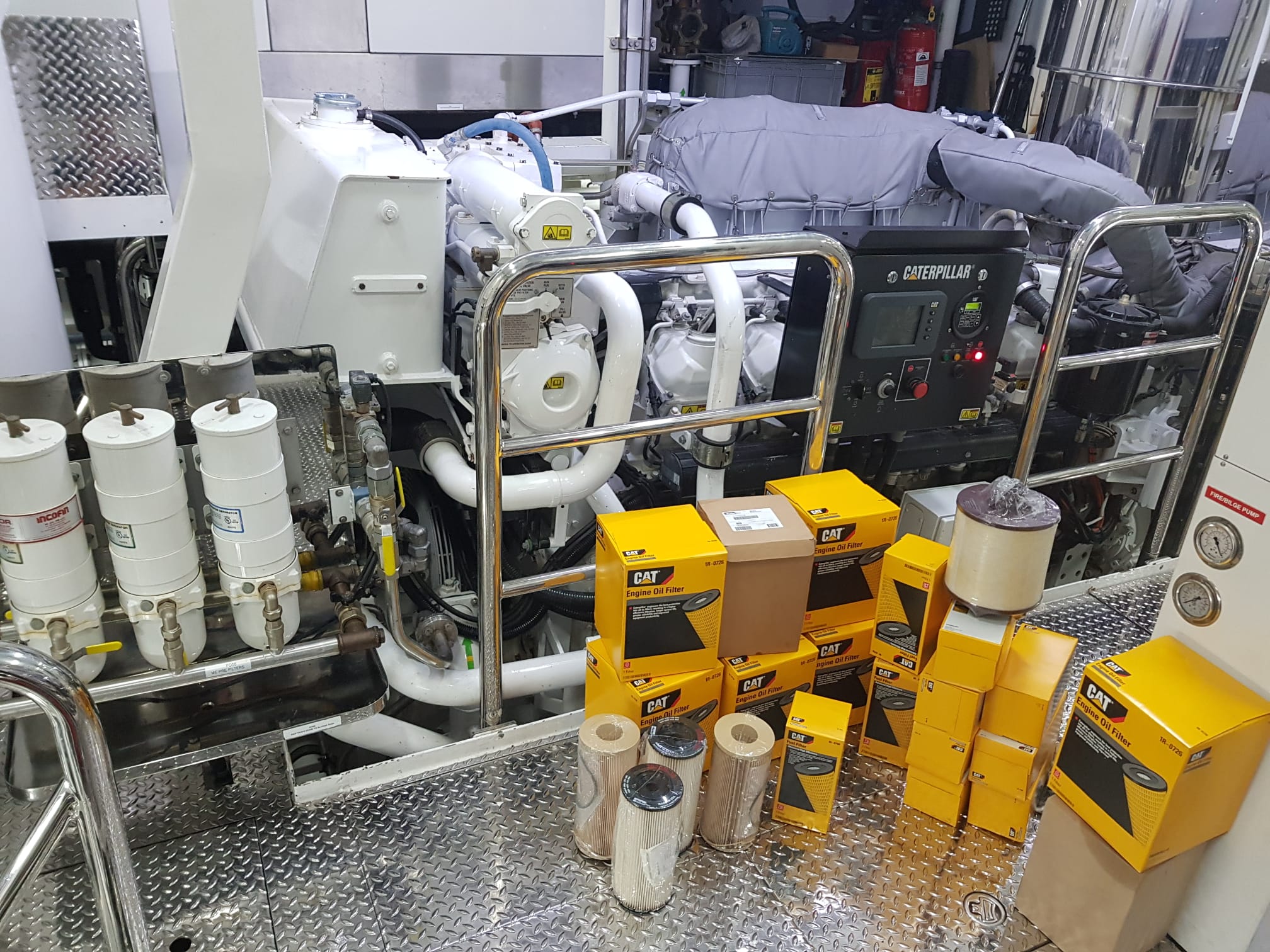
Tools and Equipment for Maintenance
In addition to having the right spare parts on board, it is crucial to equip your vessel with the necessary tools and equipment for routine maintenance and emergency repairs. Here is a list of essential tools and equipment that every chief engineer should have on board:
Essential Tools
- Basic Hand Tools: Include a complete set of wrenches, screwdrivers, pliers, hammers, and sockets.
- Torque Wrench: Ensure that nuts and bolts are tightened to manufacturer specifications.
- Multimeter: Diagnose electrical issues by measuring voltage, current, and resistance.
- Compression Tester: Check the health of your engine’s cylinders.
- Gap Gauges: Accurately measure and adjust gaps.
- Bearing Puller and Installer: Remove and install bearings without damaging components.
- Heat Gun: Useful for shrink tubing, adhesive removal, and other applications.
- Injector Removal Tool: Safely and efficiently remove fuel injectors.
- Engine Turning Tool: Manually rotate the engine for maintenance or diagnostics.
Diagnostic Tools
- Engine Diagnostic Software and Cables: Interface with the engine’s ECU to read error codes and monitor performance parameters.
- Infrared Thermometer: Check the temperature of various components without contact.
- Fuel Pressure Tester: Ensure that the fuel system delivers fuel at the correct pressure.
- Fluid Samples Kit: Collect and analyze samples of oil, coolant, and diesel to monitor condition and detect potential issues.
Specialized Tools
- Oil Filter Wrench: Easily remove and install oil filters.
- Impeller Puller: Specifically designed to remove impellers from water pumps.
- Crankshaft Alignment Tool: Ensure precise alignment of the crankshaft during assembly.
- Timing Light: Accurately adjust ignition timing on gasoline engines.
Maintenance and Repair Equipment
- Grease Gun: Lubricate bearings and other moving parts.
- Battery Charger and Tester: Maintain battery health and check its condition.
- Hydraulic Jack and Stands: Lift and support parts of the vessel during maintenance.
- Portable Air Compressor: Inflate tires, clean parts, and operate pneumatic tools.
Safety Equipment
- Personal Protective Equipment (PPE): Include gloves, safety glasses, hearing protection, and fire-resistant clothing.
- First Aid Kit: Handle minor injuries and emergencies.
- Fire Extinguishers: Have several extinguishers rated for different types of fires.
Miscellaneous Supplies
- Sealant and Thread Locking Compound: Ensure a secure fit and prevent leaks.
- Sufficient Stock of Engine Oil and Coolant: Maintain an adequate supply for regular changes and refills.
Preparing an adequate inventory of spare parts and tools is crucial for keeping your marine engine in optimal working condition. By following this list, you ensure that you are well-equipped to handle any eventuality and to guarantee a successful charter season or a smooth onboarding with a new vessel.
At CONSO, we understand that each boat has unique needs. Our team is here to assist you in creating a personalized list of spare parts tailored to your boat's specific usage and your preferences. Feel free to contact us for specialized support and custom recommendations that will allow you to navigate with confidence.
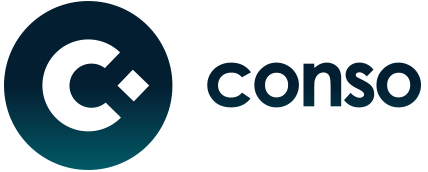
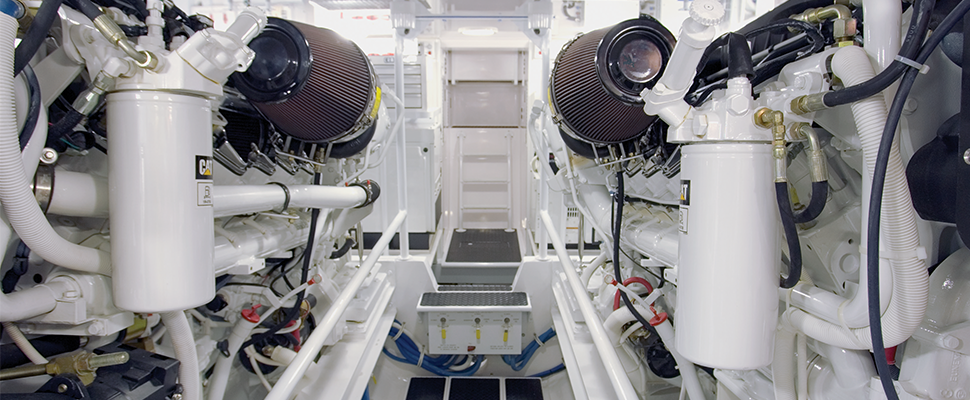


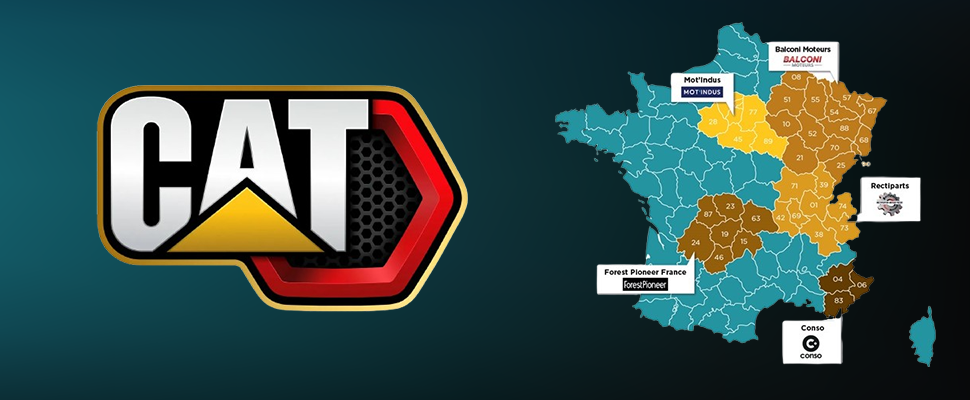
Leave a comment